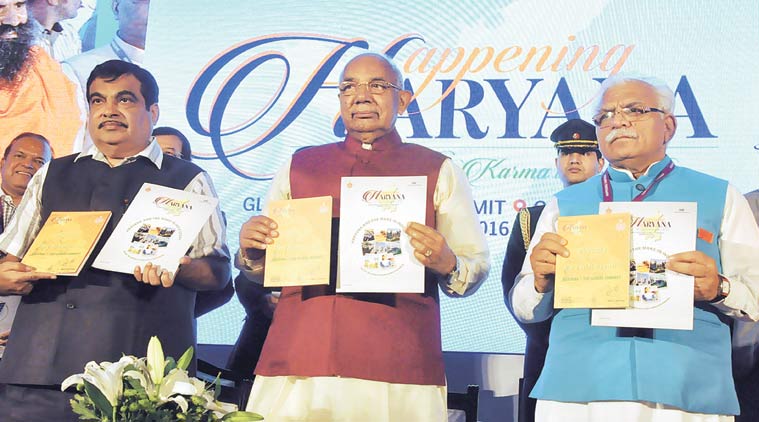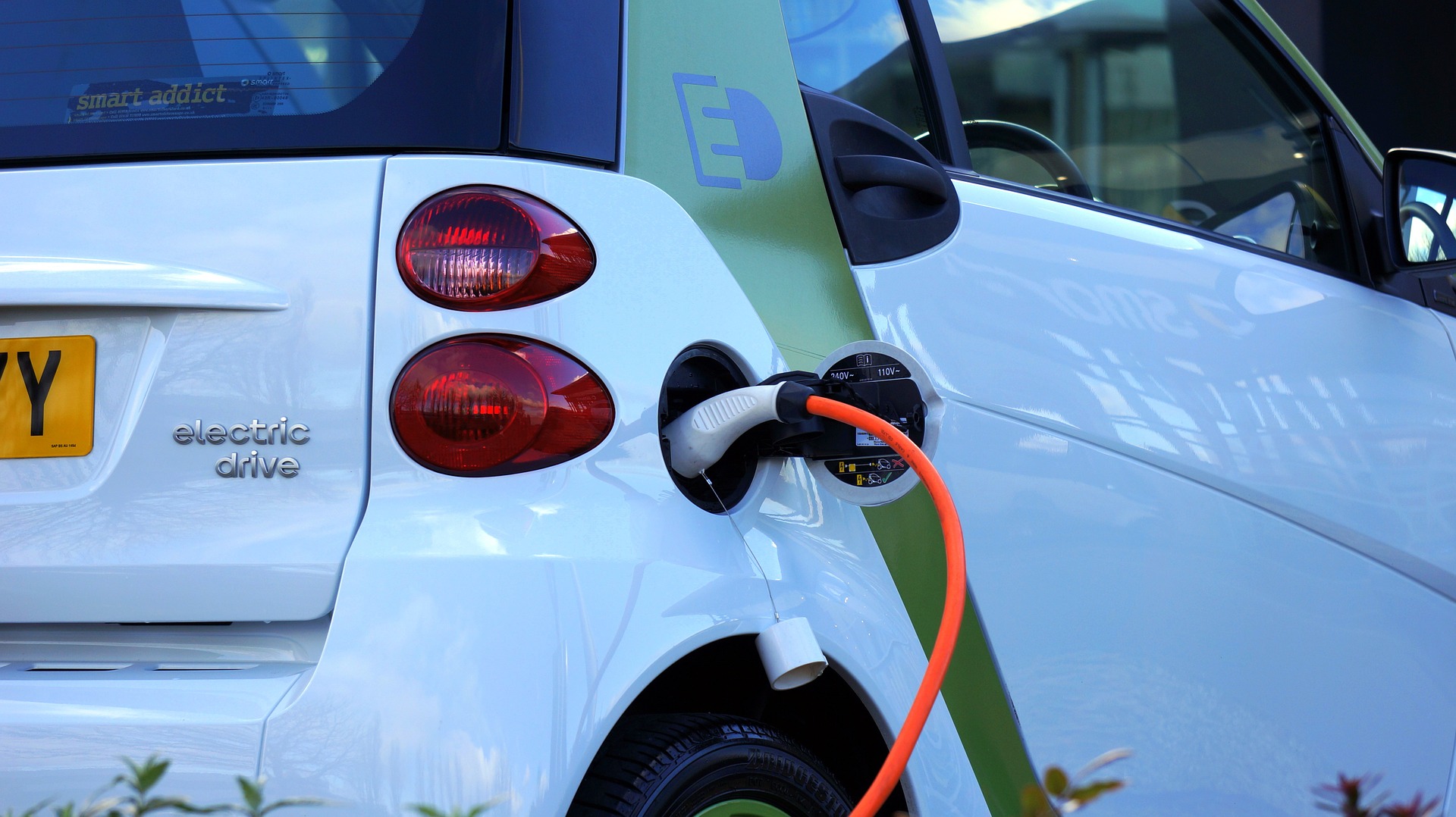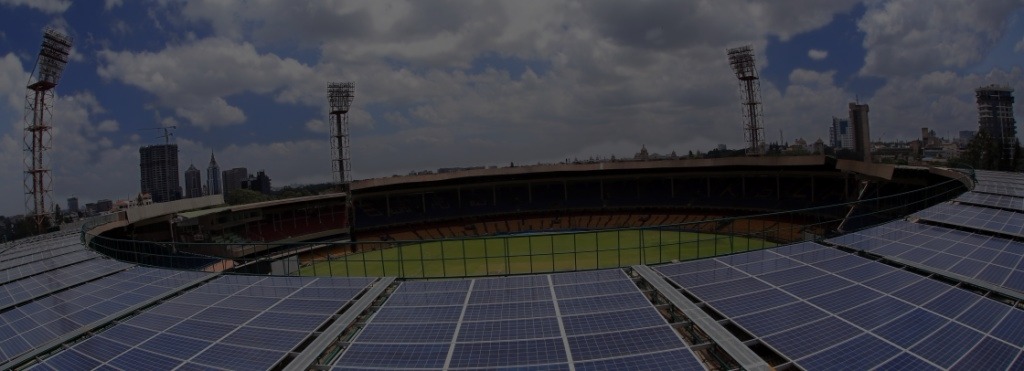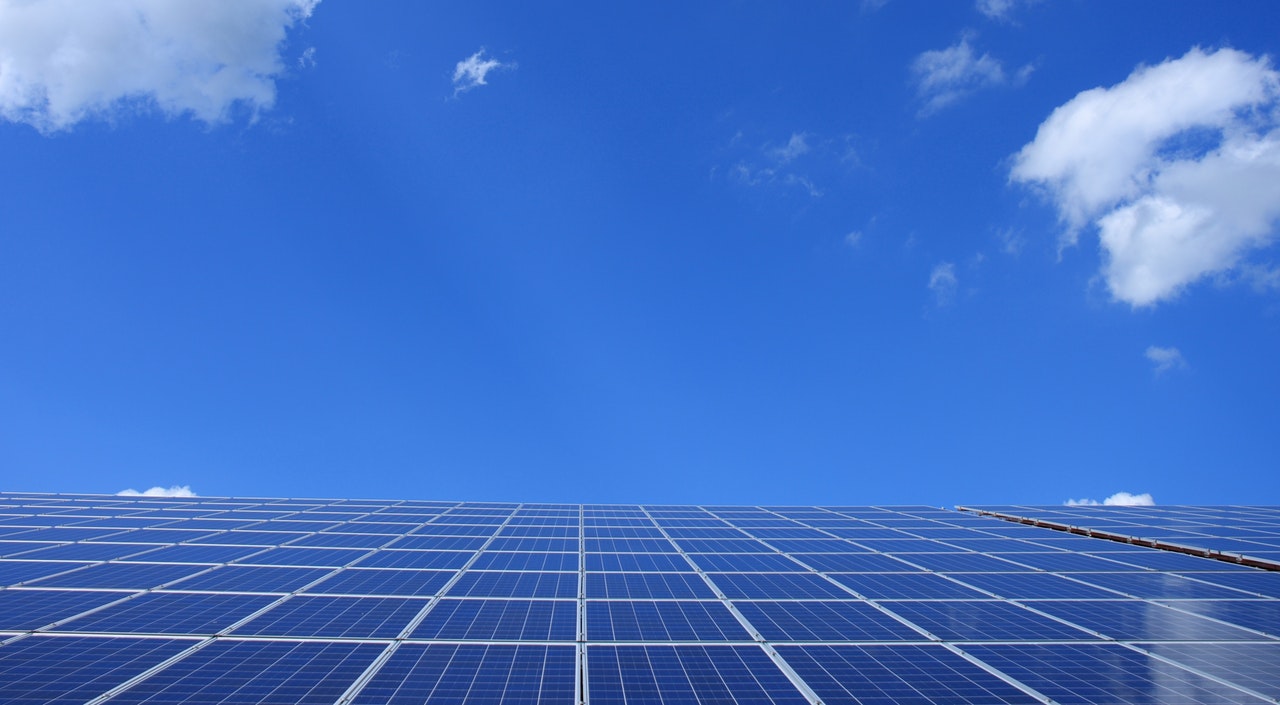Solar companies ask regulators of Haryana, Uttarakhand to remove bottlenecks
Solar developers have moved the power regulators of Haryana and Uttarakhand to smoothen out anomalies which are impeding the growth of solar capacity in these two states.
In one petition, the Distributed Solar Power Association (DISPA) has noted that the regulator, the Haryana Electricity Regulatory Commission (HERC) has yet to implement a key recommendation of the Haryana Solar Policy announced in March 2016. In another, it has appealed to the Uttarakhand Electricity Regulatory Commission (UERC) to remove the limit of 500 kW it has imposed on the size of rooftop solar plants.
petition, the Distributed Solar Power Association (DISPA) has noted that the regulator, the Haryana Electricity Regulatory Commission (HERC) has yet to implement a key recommendation of the Haryana Solar Policy announced in March 2016. In another, it has appealed to the Uttarakhand Electricity Regulatory Commission (UERC) to remove the limit of 500 kW it has imposed on the size of rooftop solar plants.
Haryana’s solar policy clearly states that both ground-mounted and rooftop solar projects should be exempted from “all electricity taxes and cess, electricity duty, wheeling charges, cross subsidy charges, transmission and distribution charges and surcharges”. However, HERC has not yet passed any order making these concessions effective. “While there is a declining trend, the current cost of solar power projects is high,” the petition says. “In the circumstances, certain incentives are required for effective development of solar power in the state. In the absence of the order, any developer of solar power is forced to pay the normal wheeling charges which are applicable to conventional plants… (which) makes solar power a much more expensive option… and the development of the solar energy sector is hindered.”
The petition before the UERC argues that the 500 kW limit for rooftop solar plants is entirely arbitrary. Its origins lie in the guidelines issued by the Ministry of New and Renewable Energy (MNRE) in June 2014, which imposed “a limit of 500 kW in respect of installed solar capacity for projects under net metering arrangement”. (Only solar rooftop plants have net metering which enables their owners to both sell power to the grid and consumer power from it if they fall short.) The UERC simply copied this provision. The petition points out that the limit was placed by MNRE on projects “which wanted to avail capital subsidy, due to the limited funds at its disposal, and not on any technical ground”. It notes that subsequently the MNRE scrapped the subsidy and thereby the limit as well.
“The imposition of an absolute restriction on the capacity of a rooftop solar plant without any basis is arbitrary and unreasonable,” the petition says. “No restrictions have been imposed on the size or capacity of rooftop plants in other states.”
Earlier in September last year, DISPA had also moved the Gujarat Electricity Regulatory Commission (GERC) to provide net metering and other incentives for putting up solar rooftop plants not only to house owners, but also to solar developers so that they can lease roofs from house owners. House owners were often reluctant to set up solar rooftop projects as they were unaware of the technicalities or could not afford the initial upfront costs. That petition is still pending.


